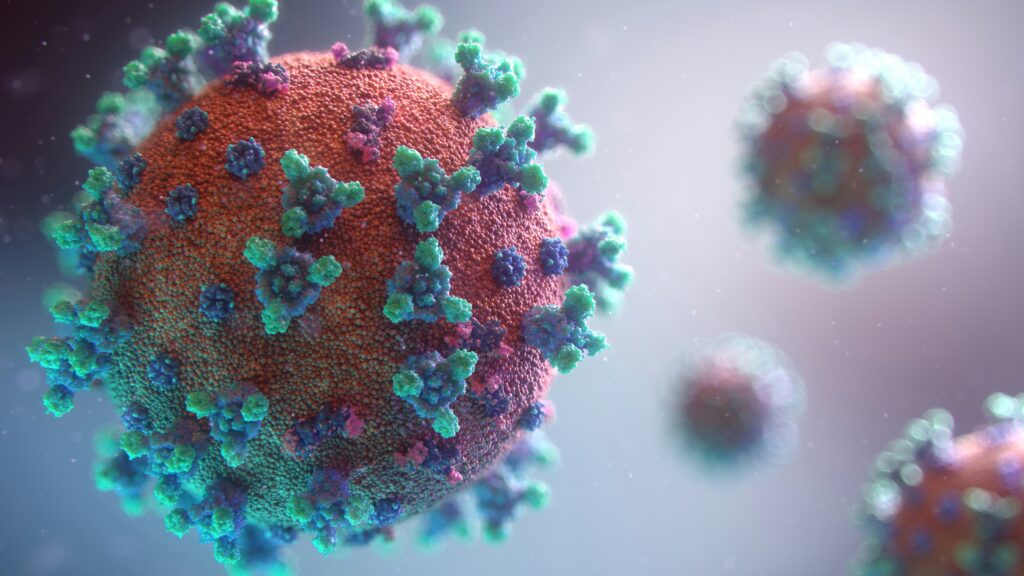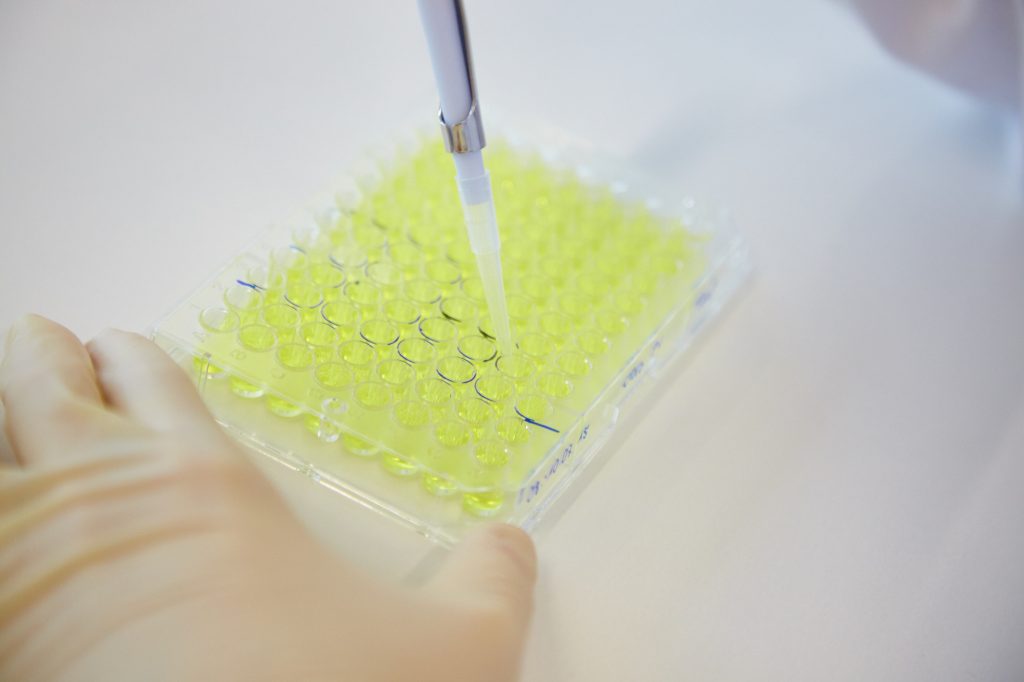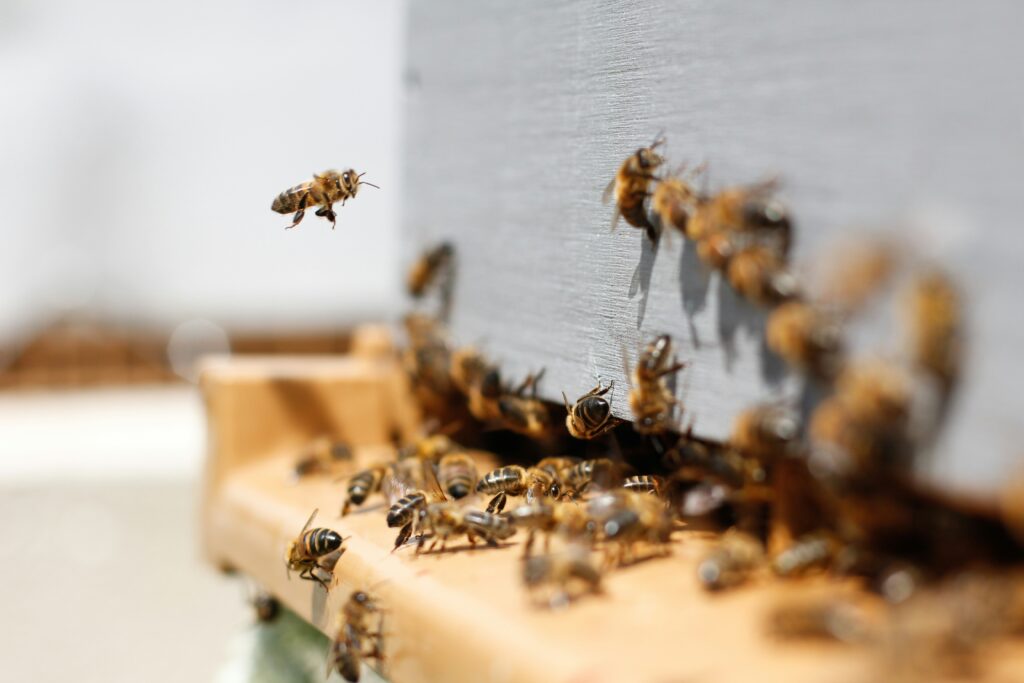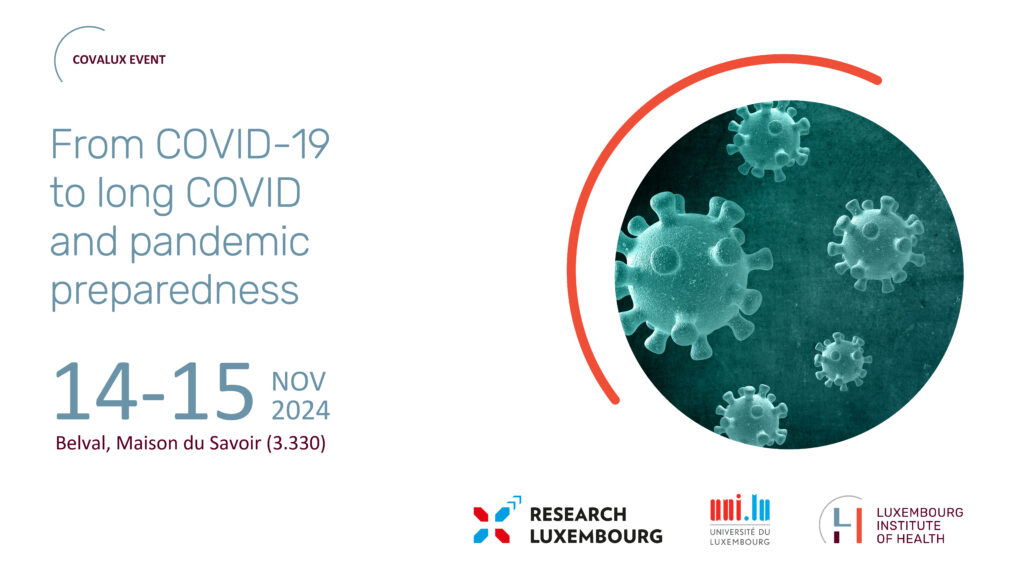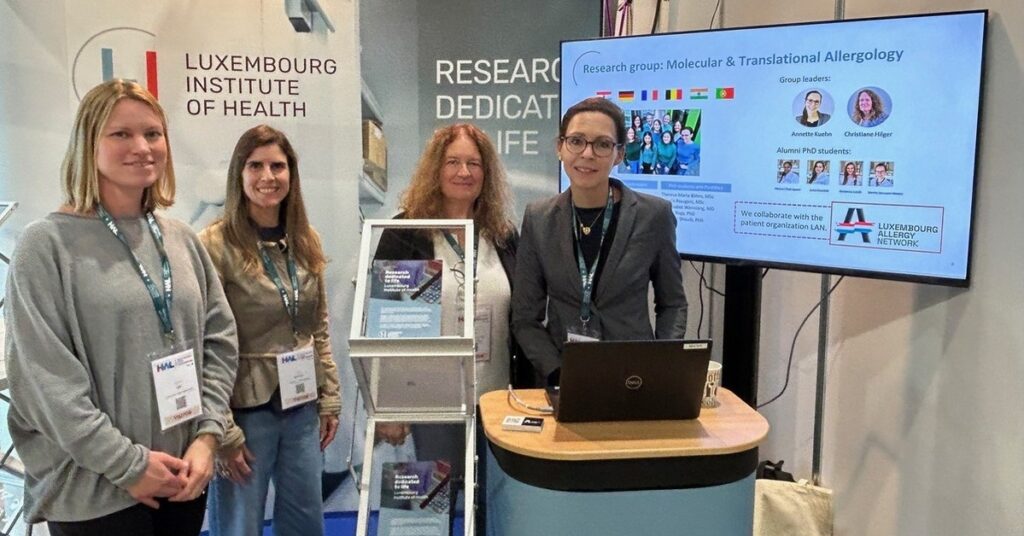News
Getting to the Guts of Autoimmune Diseases
A translational approach on the microbiome-focussed therapies for extra-intestinal autoimmune diseases

An international collaboration of researchers led by Prof. Mahesh Desai of the LIH and Prof. Hiroshi Ohno, RIKEN Centre for Integrative Medical Sciences, Japan, has been analysing potential causal relationships between extra-intestinal autoimmune diseases such as multiple sclerosis and our gut’s very own ecosystem, the gut microbiome. Their article, published in a leading journal Nature Reviews Immunology, shows that novel therapies targeting our gut flora may be the key to improved treatments for an immune system in crisis.
An international collaboration of researchers led by Prof. Mahesh Desai of the LIH and Prof. Hiroshi Ohno, RIKEN Centre for Integrative Medical Sciences, Japan, has been analysing potential causal relationships between extra-intestinal autoimmune diseases such as multiple sclerosis and our gut’s very own ecosystem, the gut microbiome. Their article, published in a leading journal Nature Reviews Immunology, shows that novel therapies targeting our gut flora may be the key to improved treatments for an immune system in crisis.
Having identified a range of potential links between the microbiome and extra-intestinal autoimmune diseases (ADs) including multiple sclerosis (MS) and rheumatoid arthritis, researchers have been able to realise the LIH’s bed to bench to bed mind set, devising potential interventions that could directly benefit patients. These vary from more commonly known faecal transplants, to far lesser known interventions such as the use of tapeworms, each with the aim of modulating the body’s immune response by manipulating the gut microbiome.
In recent decades, the global population has seen a substantial rise in the prevalence of autoimmune diseases (ADs), a diverse spectrum of illnesses where the body’s immune system begins to attack its own healthy cells. These include progressively common actors such as type I diabetes, inflammatory bowel disease and lupus, which is resulting in an increasing burden on global health services. Until relatively recently, the main risk factors associated with ADs were influences such as smoking and infections, however it is becoming increasingly apparent that it is more subtle shifts in our lifestyles are beginning to have pronounced effects.
The way we interact with our surroundings often evolves with shifts in culture and technology, some of the most rapid changes being over the last two centuries. As a prime example, one major change has been the way in which we eat. A major facet of research into this topic has focused on the health impacts of things like dietary fats, sugars and salt in an increasingly sedentary population, with a specific focus on obesity and cardiovascular health. In recent years, however, researchers are finding many far less obvious links between health, diet and lifestyle, many of which stem from the army of microbes that live in our guts – the gut microbiota.
“The human gastrointestinal tract harbours a diverse population of organisms, including bacteria, fungi, viruses and sometimes parasites, which interact with each other and with the immune system. Next-generation sequencing techniques (NGS) have revealed that the genes of gut microbes outnumber human genes by ~150 fold, and that the gut microbiota displays unique metabolic activities.” explains Prof. Mahesh Desai, head of the Eco-immunology and Microbiome team, from the LIH’s Department of Infection and Immunity (DII).
It is only in the last two decades that researchers have begun to uncover the major implications of this diverse ecosystem, which appears to affect both mental and physical health in ways researchers are still trying to understand. As part of this effort, an international collaboration of Japanese and Luxembourgish research teams have been delving into the mysterious microbial landscape to find out how changes in its composition could relate to the alarming rise in autoimmune diseases in the global population.
In the current study jointly led by Prof. Desai and Prof. Hiroshi Ohno from the RIKEN Centre for Integrative Medical Sciences, the aim was to better understand links between the microbiome and extra-intestinal ADs, most notably: multiple sclerosis (MS), rheumatoid arthritis, type I diabetes and systematic lupus erythematosus (lupus). It has already been shown that individuals suffering with extra-intestinal ADs show distinctive changes in the composition of their gut flora compared to those of healthy individuals, so the researchers specifically focused on uncovering how these changes could affect the functionality of immune cells related to ADs.
Based on their own work and existing literature, the team identified potentially important links between increases or decreases in certain microbial populations within the gut, and the levels and locations of key immune cells in the body linked to inflammation. For example, it was found that patients with MS tend to have higher levels of certain T-cells (white blood cells that attack specific foreign particles) in the blood and cerebrospinal fluid, and other types with a decreased anti-inflammatory activity. An increased abundance of these cells was found in mice whose guts were exclusively populated with a bacterium called Candidatus Savagella, appearing to exacerbate conditions such as lupus, arthritis and a model of MS known as experimental autoimmune encephalomyelitis.
However, two main unresolved questions pose a barrier to this approach. The first is the question of the nature of the “targeted manipulation” that would be the best option for the benefit of a given patient; and the second question is whether and how such manipulations could or should be personalised with respect to their design and execution,
warns Prof. Desai.
There is no doubt that the future of healthcare is quickly turning towards a more personalised approach, and this is all important when one considers that our guts contain a unique ecological fingerprint for each and every one of us. It may be therefore, that as studies continue and our data grows, we can begin to narrow down therapeutic options in a way that cares for both you and your personal entourage of microscopic companions.



